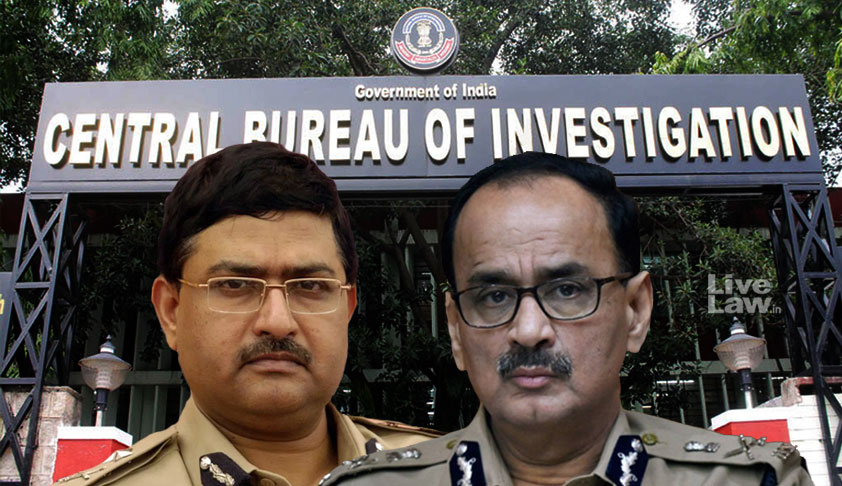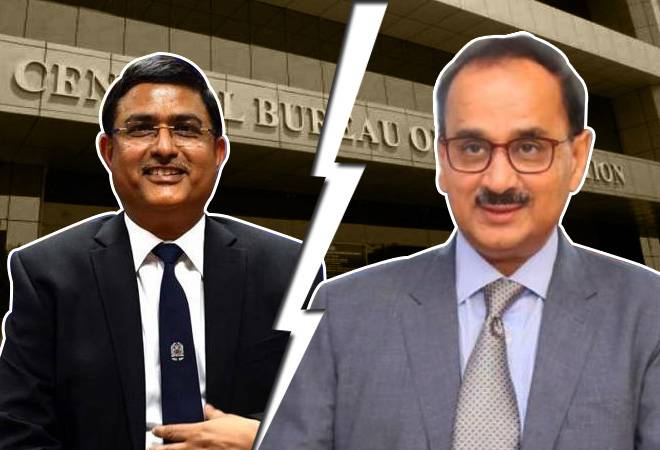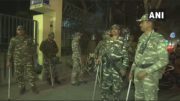The current crisis within the premier investigative agency of the country CBI, triggered by the centre’s unprecedented intervention by sending its Director Alok Verma and Special Director Rakesh Asthana on forced leave points to the fact that all is not going well in the hallowed precincts of the top investigation agency.
The ongoing feud amongst the top brass has led to credibility crisis and raised questions on the integrity of the institution itself. The corruption charges levelled against each other, mode of functioning of the Central Vigilance Commission, noncompliance with the rules governing CBI, all have seriously dented the image of the top anti-corruption agency.
Little wonder, the CBI has been on virtual life support since 2013, after Gauhati High Court had declared its formation unconstitutional.
In the case, petitioner Narendra Kumar had contended that the CBI was not a statutory body as it had been constituted under an Executive Order no 4/31/61-T dated 01-04-1963 of the Union Home Ministry though police is a state subject. The HC had concluded that the order did not refer to any provisions of the Delhi Special Police Establishment Act, 1946 as the source of its power, so the CBI could not have been constituted under the Act. The Supreme Court has granted a stay on the HC order and admitted the Centre’s appeal against it for hearing. The appeal has been pending, with the stay continuing since then.
A stay by the SC on the operation of the HC order is tantamount to life support for the agency as the vacation of the stay would mean it’s an abrupt end.
Many believe that it’s because of the absence of a strong legal foundation of the CBI, the centre felt free to intervene through a blatantly extralegal midnight operation by sending the top two officials on forced leave.
Unsurprisingly opposition parties have started to raise a hue and cry over centre’s undermining of institutions of governance that safeguard the democracy. However, the CBI has its own share of ills in so far its operation is concerned.
Every government, irrespective of the party in power, has used the CBI as a tool to arm-twist opposition and other political leaders in order to achieve its own political ends.
For example, in St Kitts case of 1990, the CBI was accused of trying to delay and defer investigation under PMO pressure wherein former PM VP Singh and his son were fraudulently implicated, in the conflict-ridden Kashmir, the CBI conclusion in the 2009 Shopian rape and murder case led to explosion of public outrage across the valley, in June 2010, former CBI official BR Lal admitted in a TV interview that the agency was asked not to press for the extradition of the prime accused of the Bhopal Gas tragedy, Warren Anderson who headed the Union Carbide plant that killed over 3500 people due to leakage on 2-3 Dec 1984.

Even the glaring escape of Vijay Mallya from the country is a telling example.
On Oct 2015, a lookout notice was issued to the liquor baron, who had defaulted loans from many banks, interestingly the notice was later downgraded from “block” to “inform”, and this facilitated Mallya’s flight out of the country on March 2, 2016.
Now the apex court had ordered the CVC to complete its probe into CBI Director Verma within two weeks and set hearing on 12 Nov, the development is bound to unfold drama as never witnessed before. Clearly, much rests on these court proceedings as far as the CBI is concerned.
But the larger question is of institutional sabotage as there seems to be a pattern in undermining of every independent instrument of governance and democracy under the incumbent Union government. Judiciary cannot be the panacea to all these ills as it needs a political solution within the constitutional framework in the best interest of the nation.
Writes: Saakal Ulysses Dewan






Be the first to comment on "The Curious Case of CBI vs CBI"